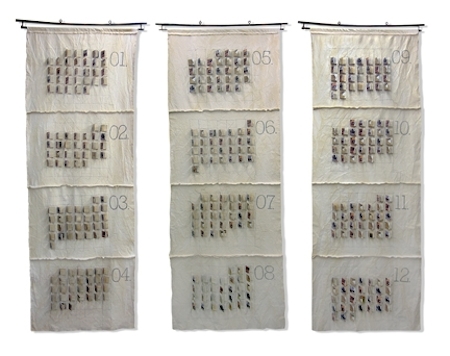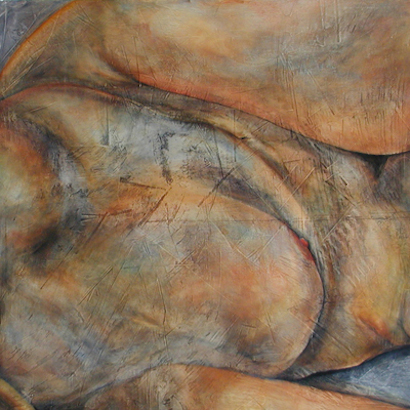Gifts sometimes come from unexpected places. They can take a long, long time to reach us, gathering a force such that when they do, our lives are forever changed. This is the story of just such a gift.
Helen noticed the first flakes of snow coming down as she sat in her classroom at the Mary C. Wheeler School, in Providence. Helen was in the third grade at what was then an all-girls school on Hope Street in Providence. Today was the last day of classes before Christmas vacation.
On the way home, Helen walked over to Thayer Street to look at the colored lights and decorated store windows. The snow was falling steadily and sticking to the streets and sidewalks.
She stopped at Ligget’s for a Sky Bar and unwrapped it before she crossed the street and walked past the parking lot where Christmas trees were being sold. The sidewalk was busy and the smell of pine filled the air. She was imagining a new bicycle gleaming under the tree at home on Christmas morning.
After a few more blocks, Helen turned up her street, the snow coming up now over the tops of her brogues.
She passed her mother in the hall and went upstairs to her room, changing out of her wool skirt and knee socks into a pair of corduroys and a striped jersey.
Across the driveway she could see Mrs. Ross in her kitchen making dinner. The mother of her best friend, Carla, was a gourmet cook, and Helen tried to stay over there for dinner whenever she could.
She heard the heavy blade of a snowplow bang down at the end of the street and begin rumbling and she wondered if her father might leave work early to get home before it got too bad. She decided to see if Carla wanted to take a walk in the storm.
Pushing open the porch door, Helen could see this was a blizzard. Already there was a small drift at the front of the driveway, and the snow was above her ankles. Carla wasn’t home. Mrs. Ross said she was over at a friend’s house.
Helen turned around in the driveway and watched the snow blowing across the roof of the garage. It was exciting to be out in it, watching the familiar transform. She felt like an explorer and tromped into the backyard.
At the far end of the yard loomed the giant beech tree, its gray elephant hide bark covering thick, muscular branches that rose higher than their three-story house.
Slinging one leg over the lowest branch, Helen pulled herself up. The idea in her head was to climb up two more branches and get in the middle of the storm and feel it and see what the world looked like from up there. She was up and down this tree all summer and knew every knot and curve.
Three branches up, she steadied herself and began walking out on the long, heavy arm. But underneath the light covering of snow there was a coating of ice. She slipped and that was the last thing she remembered.
Dusk was turning to dark and Johnny Marsh, who was Helen’s age, was heading home after playing at a friend’s house. Instead of going all the way around the block to his house, he decided to cut through Helen’s yard and climb over the fence into his backyard. As he was heading across Helen’s yard, he noticed an oddly-shaped pile of snow beneath the beech tree and trudged over to investigate.
Helen’s father carried her inside and laid her down in the foyer. Blood was on her face. Her pediatrician, who lived two blocks away, was summoned.
When Helen woke up, she was in her bed. An intravenous tube was attached to her leg. She had two black eyes. She was banged up, but she would be fine.
As this drama unfolded, I was living 30 miles away, in Newport, surviving my own childhood. I knew nothing of Thayer Street or the Mary C. Wheeler School or a girl named Helen, whom I would meet this year, 51 years after the incident. It was on a recent walk by the house she’d grown up that she told me the story.
“He saved my life,” she said of Johnny.
“And saved you for me,” I added.
And so, this Christmas, let’s not forget that every wrong turn, every right turn, every victory and every misfortune have brought us to this divine moment, where in the faces of those we love, we see the best presents of all.
Charles Pinning is the author of the Rhode Island-based novel “Irreplaceable.”










